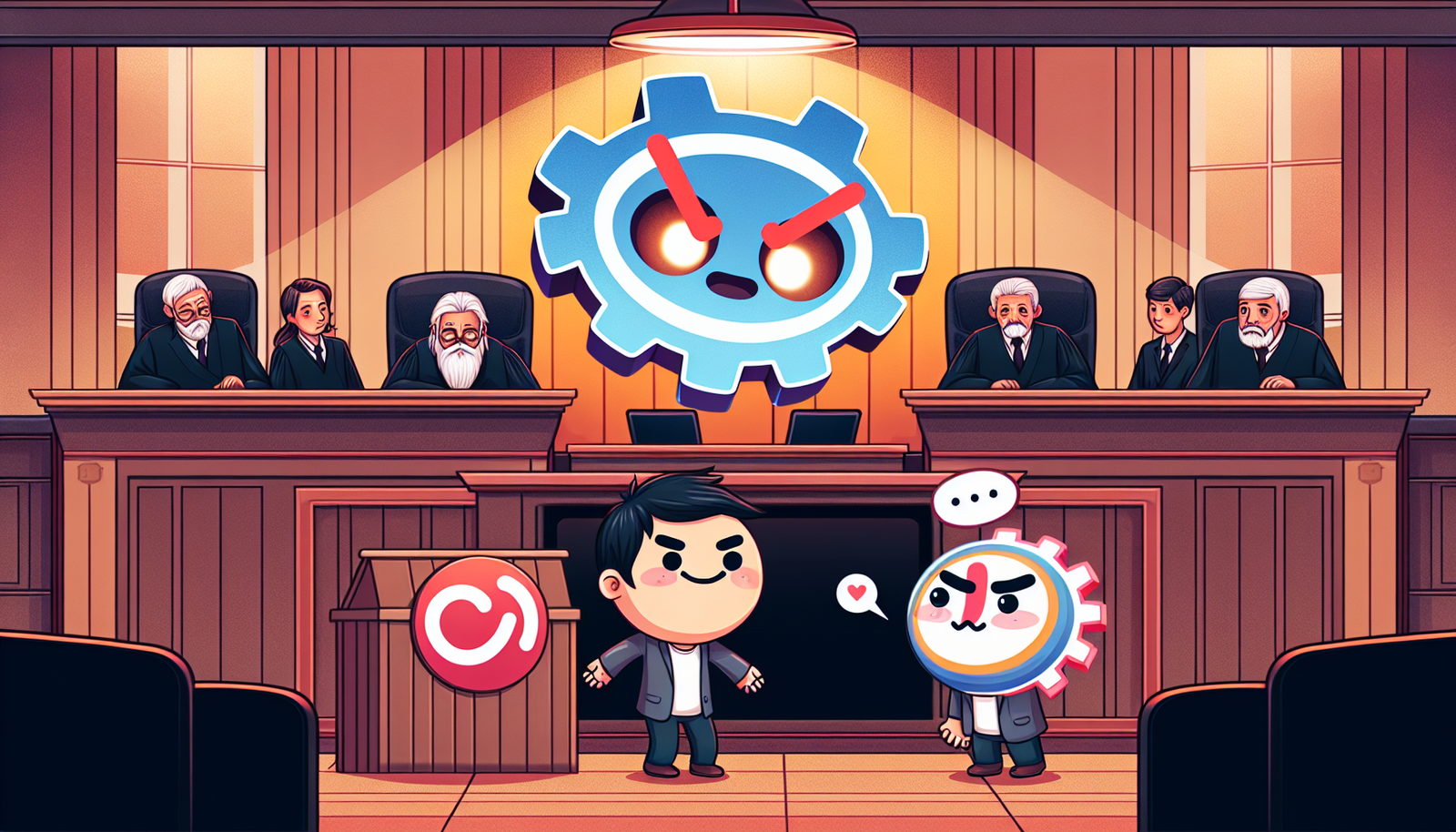The author of the article discusses a recent legal conflict involving WordPress co-founder Matt Mullenweg and the WP Engine web hosting service. Mullenweg, who leads his own company, Automattic, is being sued by WP Engine over allegations of libel and extortion, following a public feud regarding the WordPress trademark.
Key Takeaways from the Article:
-
Legal Dispute: WP Engine has filed a federal lawsuit against Mullenweg, accusing him of “abuse of power, extortion, and greed” amid their ongoing rivalry.
-
Background Context: This conflict has roots in conversations about WordPress’s impact on web hosting. WordPress powers around 40% of the internet, allowing users to build websites or utilize third-party services like WP Engine.
-
Mullenweg’s Criticism: In September, Mullenweg criticized WP Engine, claiming their branding misled customers. He accused them of disabling certain features for profit and expressed concern about their practices concerning WordPress’s trademark use.
-
WP Engine’s Response: The hosting service sent a cease-and-desist letter to Mullenweg, asserting that their usage of the WordPress trademark adhered to fair use.
-
Escalating Tensions: Mullenweg’s actions, including banning WP Engine from specific resources and the subsequent lawsuit from WP Engine, have only intensified the dispute. WP Engine claims these actions disrupt their operations and affect their customer base.
-
Future Implications: The lawsuit highlights perceived governance issues within WordPress and stresses the importance of maintaining trust within the broader WordPress community.
- Ongoing Developments: Both parties’ positions and strategies will likely continue to evolve as they navigate this legal and public relations battle.
This situation is illustrative of the complexities that can arise in the tech industry, particularly regarding software ownership and trademark rights. The outcome could have significant implications for the relationship among the various stakeholders in the WordPress ecosystem.

